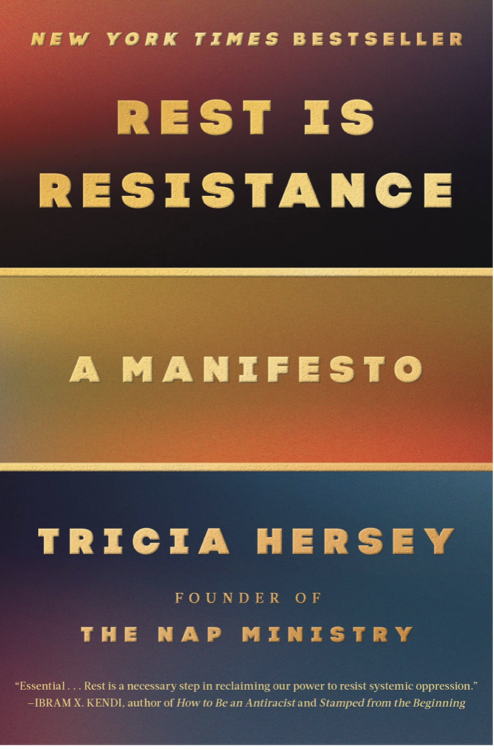Read the full Cash As Care Report here.
Read Kindred’s posts on black mothers and fathers here.
Listen to Kindred’s interview with Riane Eisler on Creating A Caring Economy here.
See Kindred’s Black Mothers and Fathers Resources
The Vision of the Cash As Care Movement
The conditions in which we work, live, play, and worship shape our health, and each of these is affected by access to income and wealth. True economic security means everyone has the resources and agency needed to be healthy. A federal guaranteed income has the potential to be a powerful public health intervention because of the critical role income plays in shaping health outcomes.
 We know from the data that women, specifically women of color, are who we fail most when it comes to the role economic stability plays in health outcomes. A guaranteed income can specifically support women of color by counteracting centuries of labor extraction and longstanding exclusion from both high wage positions and opportunities for wealth-building. Although guaranteed income alone cannot resolve the deep, persistent, and harmful outcomes of racism and misogyny, alongside other structural reforms, it can be part of a plan to improve health outcomes and reduce mortality rates saving thousands of lives and supporting healthy families and communities.
We know from the data that women, specifically women of color, are who we fail most when it comes to the role economic stability plays in health outcomes. A guaranteed income can specifically support women of color by counteracting centuries of labor extraction and longstanding exclusion from both high wage positions and opportunities for wealth-building. Although guaranteed income alone cannot resolve the deep, persistent, and harmful outcomes of racism and misogyny, alongside other structural reforms, it can be part of a plan to improve health outcomes and reduce mortality rates saving thousands of lives and supporting healthy families and communities.
Introduction to the Cash As Care Report
Twenty-five years ago, Patricia Hill Collins coined the term ‘motherwork’ to describe the ways in which mothers of color in particular connect their survival and care to the survival of and care for all. For mothers of color, “‘reproductive labor’ or ‘motherwork’ goes beyond ensuring the survival of members of one’s family. This type of motherwork recognizes that individual survival, empowerment, and identity require group survival, empowerment, and identity” (Hill Collins, 1994). Recognizing that motherhood takes place at the intersection of identities, motherwork then is not only taking care of one’s own children and family, but a recognition that the needs of our own families are connected to the needs of others, particularly for mothers of color. To have healthy, thriving families, we need healthy, thriving communities, and it is often the invisible, unseen, unpaid labor of mothers that makes this all possible.
Johnnie Tillmon, daughter of a sharecropper and a single Black mom with six children who became one of the most influential welfare rights activists in this country’s history, exemplifies the ‘motherwork’ that many women of color do to strengthen their communities – and, by extension, all communities. Tillmon organized mothers and welfare recipients to demand policies responsive to the material conditions of their lives.
As the first chairperson of the National Welfare Rights Organization (NWRO), an organization composed primarily of single Black mothers, Tillmon greatly influenced the Civil Rights Movement and the Rev. Dr. Martin Luther King, Jr., particularly in the demand for a guaranteed income (Germain, 2021). Specifically, the NWRO called for a guaranteed income for all to ensure that “personal and community needs” were met (Sherwin, 2019, p. 19).
Today, mamas1 of color continue to do this motherwork, fighting for the resources to care for themselves, their families, and their communities. Yet, they are systematically denied access to the resources that would support this care, and consequently, we see that many Black, Brown, Indigenous, and immigrant mothers experience myriad, highly preventable negative health outcomes. The social determinants of health framework indicates that these two facts are not unrelated, but instead are intimately connected. The conditions in which we work, live, play, and worship shape our health, and if those conditions are not good, our health is not likely to be good either (U.S. Department of Health and Human Services, Office of Disease Prevention and Health Promotion, n.d.a.).
In this paper, we assert that a federal guaranteed income would give mothers
of color some of the resources they have long been fighting for, the very resources that would build better health and address the health inequities we see in our communities. In other words, we assert that a federal guaranteed income is a public health intervention whose time has come.
Read the full report here: Cash As Care: Health Moms. Healthy Families. Healthy Communities.
Conclusion to the Cash As Care Report
To build health equity, we must address the structures that exclude individuals, families, and communities from accessing the supports and opportunities needed for good health. We posit that a federal guaranteed income — targeted specifically to Black, Brown, indigenous, and immigrant mothers — would help support healthy families and healthy communities, ultimately elevating all communities. By increasing material resources, freeing up time, and recognizing recipients’ agency, cash meaningfully supports many determinants of health, including family and community relationships, food and housing security, educational attainment, economic stability, and personal safety and security.
For women of color in particular, their survival and the survival of their families are linked to the survival of their communities, and these women have long engaged in the “motherwork” of elevating everyone. Fifty years ago, Johnnie Tillmon and the NWRO called for a guaranteed income for all to support both individuals and communities (Tillmon, 1972). Today,
her words hold just as much resonance and carry even more urgency — a federal guaranteed income that supports women of color is a public health intervention that is long overdue.
See Kindred’s Black Mothers and Fathers Resources

